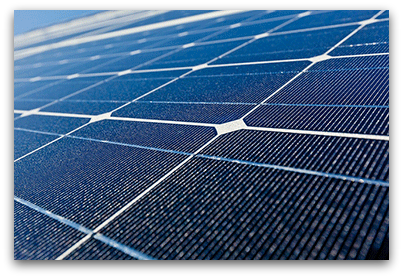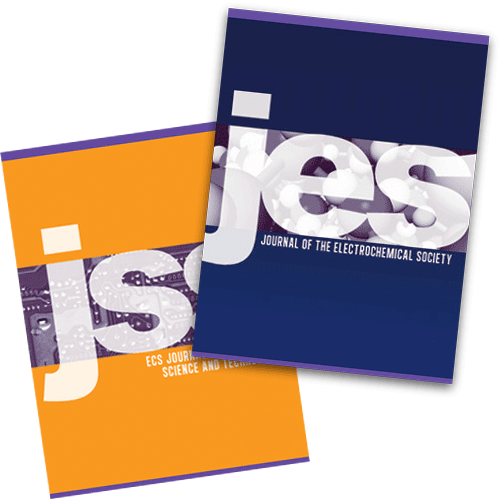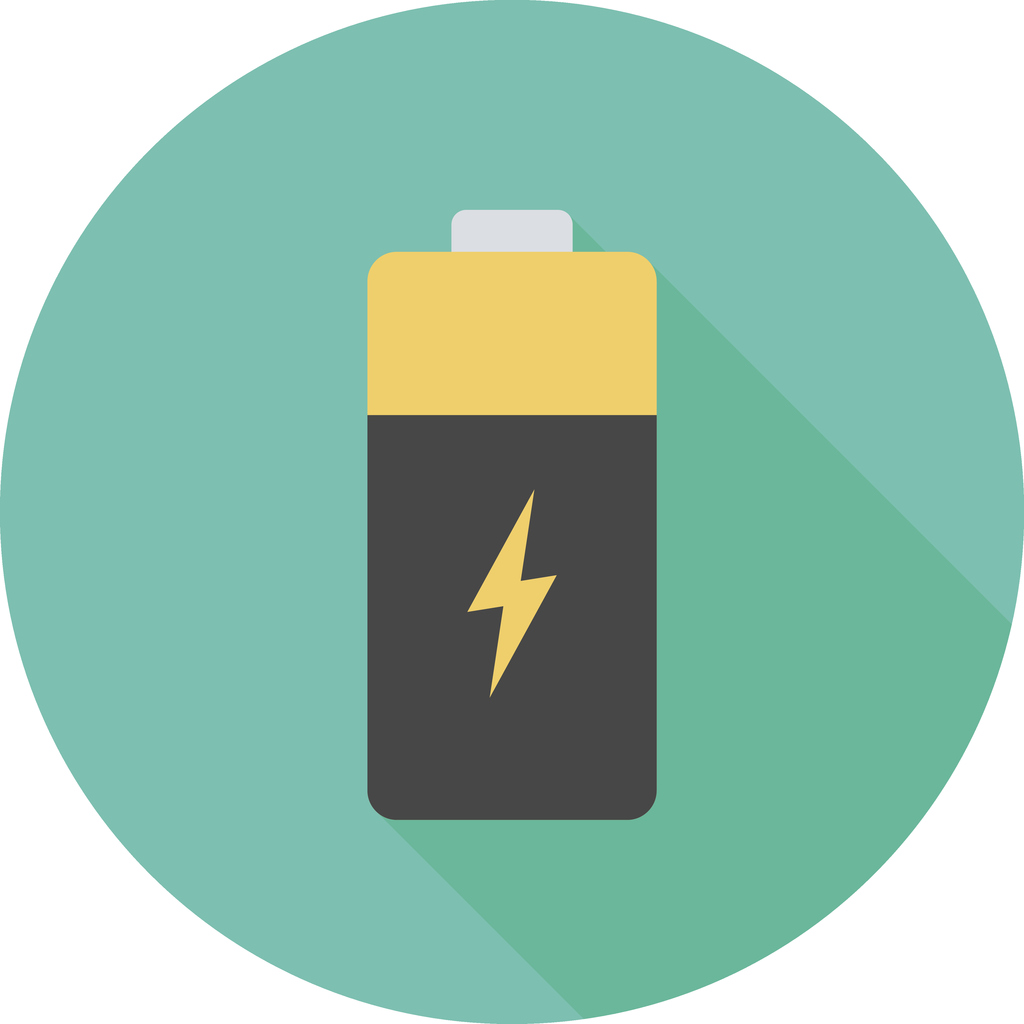In May 2017 during the 231st ECS Meeting, we sat down with 2016-2017 ECS Toyota Young Investigator Fellowship winner, Elizabeth Biddinger, to discuss green chemistry, sustainable engineering, and the future of transportation. The conversation was led by Amanda Staller, ECS’s web content specialist.
Biddinger is an assistant professor at the City College of New York, part of the City University of New York system. There, she leads a research group that covers research areas ranging from electrocatalysis to ionic liquids. Her work in switchable electrolytes earned her a spot among the 2016-2017 fellowship winners.
Listen to the podcast and download this episode and others for free on Apple Podcasts, SoundCloud, Podbean, or our RSS Feed. You can also find us on Stitcher and Acast.


 Researchers have created a concentrating photovoltaic (CPV) system with embedded microtracking that is capable of producing 50 percent more energy per day than the standard silicon solar cells.
Researchers have created a concentrating photovoltaic (CPV) system with embedded microtracking that is capable of producing 50 percent more energy per day than the standard silicon solar cells. ECS believes that the key to sustainability is the ability to adapt. For over
ECS believes that the key to sustainability is the ability to adapt. For over  Lithium-ion batteries power a vast majority of the world’s portable electronics, from smartphones to laptops. A standard lithium-ion batteries utilizes a liquid as the electrolyte between two electrodes. However, the liquid electrolyte has the potential to lead to
Lithium-ion batteries power a vast majority of the world’s portable electronics, from smartphones to laptops. A standard lithium-ion batteries utilizes a liquid as the electrolyte between two electrodes. However, the liquid electrolyte has the potential to lead to  A new issue of ECS Transactions (ECST) has just been published. This issue incorporates 333 papers from the upcoming 15th International Symposium on Solid Oxide Fuel Cells (SOFC-XV). This conference will be held in Hollywood, Florida, USA, July 23-28, 2017.
A new issue of ECS Transactions (ECST) has just been published. This issue incorporates 333 papers from the upcoming 15th International Symposium on Solid Oxide Fuel Cells (SOFC-XV). This conference will be held in Hollywood, Florida, USA, July 23-28, 2017. ECS is proud to announce its partnership with the Initiative for Open Citations (I4OC). By joining forces with I4OC, ECS has opened up citation data, further expanding accessibility to scientific knowledge by releasing into the public domain reference data published in
ECS is proud to announce its partnership with the Initiative for Open Citations (I4OC). By joining forces with I4OC, ECS has opened up citation data, further expanding accessibility to scientific knowledge by releasing into the public domain reference data published in  In an effort to expand South Australia’s renewable energy supply, the state has looked to business magnate Elon Musk to build the
In an effort to expand South Australia’s renewable energy supply, the state has looked to business magnate Elon Musk to build the  Around the world, the transportation sector is evolving. Globally, electric vehicle (EV) sales have
Around the world, the transportation sector is evolving. Globally, electric vehicle (EV) sales have  Scientists have created a nanoscale light detector that can convert light to energy, combining both a unique fabrication method and light-trapping structures.
Scientists have created a nanoscale light detector that can convert light to energy, combining both a unique fabrication method and light-trapping structures.